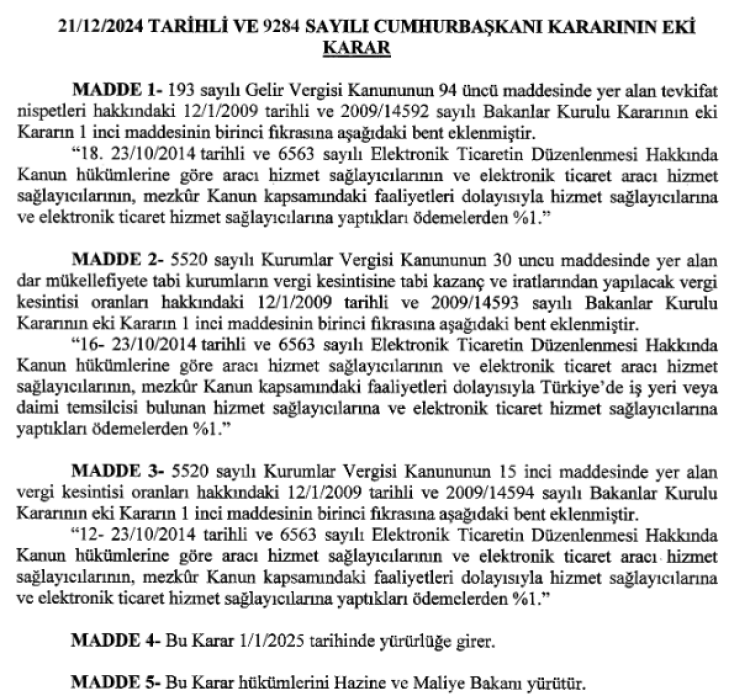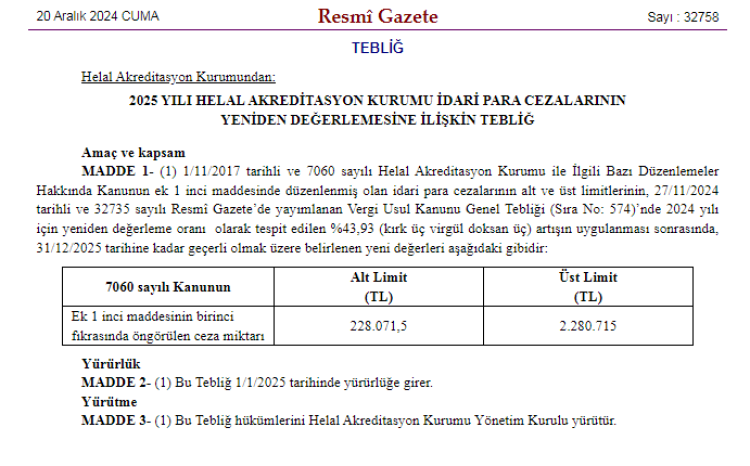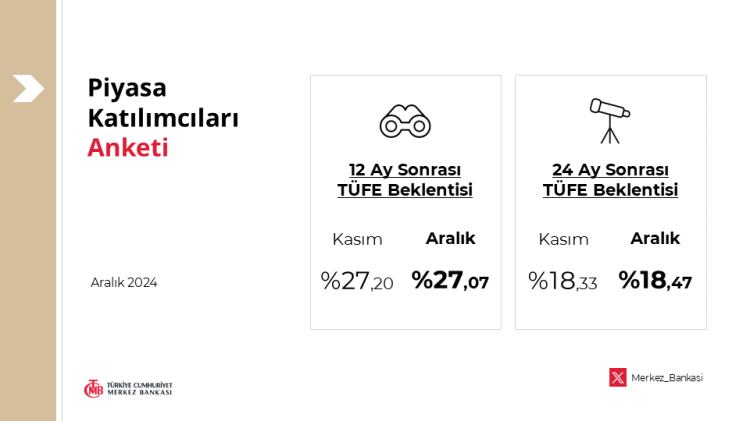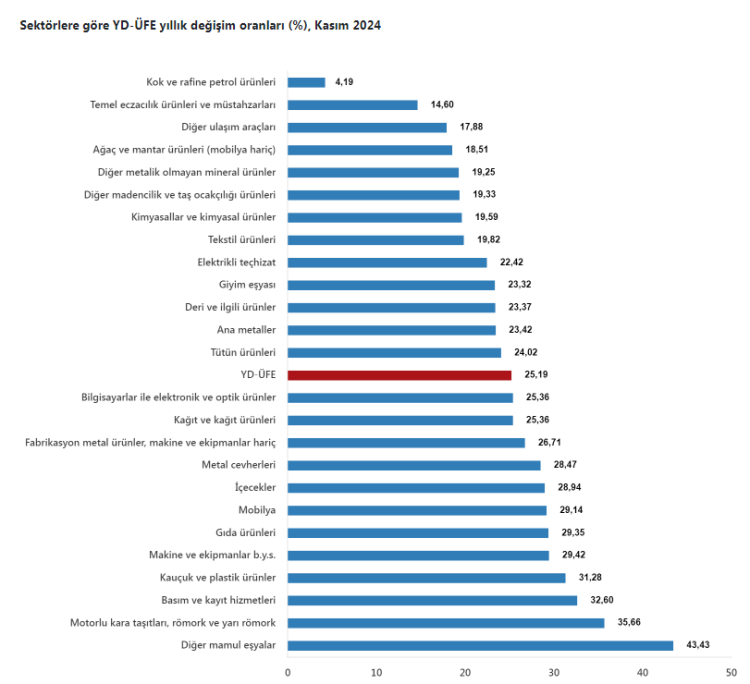Most Asia-Pacific markets rebound after sell-off

In Asia, traders assessed July inflation data out of Japan’s capital, Tokyo, widely considered a leading indicator of nationwide trends.
Tokyo’s headline inflation slowed slightly to 2.2 percent in July from 2.3 percent in May, while its core inflation rate — which strips out fresh food prices — remained unchanged at 2.2 percent, in line with expectations.
Taiwan’s markets returned to trade after being closed for two days due to a typhoon, with the Taiwan Weighted Index plunging 3.46 percent.
Heavyweights Hon Hai Precision Industry — known as Foxconn internationally — and chip manufacturer Taiwan Semiconductor Manufacturing Company lost 4.22 percent and 5.41 percent, respectively.
South Korea’s Kospi also rose 0.62 percent, while the small-cap Kosdaq gained 0.33 percent. Australia’s S&P/ASX 200 was up 0.74 percent. Hong Kong’s Hang Seng index climbed 0.61 percent, while the mainland Chinese CSI 300 slipped 0.12 percent.
Over in the U.S, traders continued to rotate out of tech, with the S&P500 and Nasdaq Composite extending their losses by 0.51 percent and 0.93 percent respectively on Thursday, while the Dow Jones Industrial Average rose 0.2 percent.
Hibya Haber Ajansı











